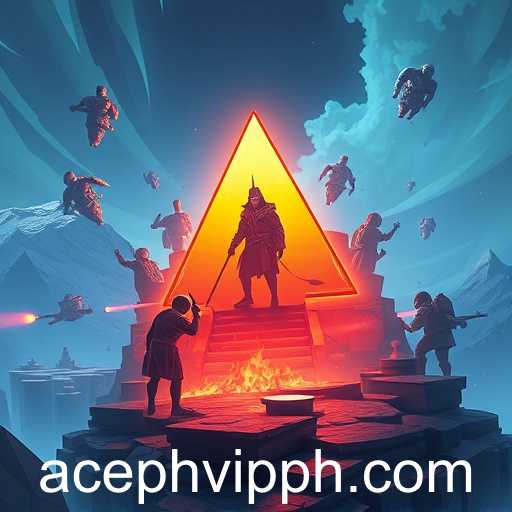In the fast-evolving world of online gaming, Aceph has emerged as a pivotal player, transforming the way games are designed, played, and experienced. As we dive into 2025, Aceph's influence is undeniable, shaping trends and setting new standards in the digital playground.
Originating as a niche platform, Aceph has rapidly gained attention by offering unique gameplay mechanics that appeal to a wide audience. The current year's trends show a significant shift towards customizable gaming experiences, which Aceph supports through its modular game design. This allows players to personalize their gaming worlds, adding a layer of depth and engagement that was previously unattainable.
Aceph's impact is further amplified by its commitment to community-driven content. Players are not just consumers but active participants in the game development process. This dynamic has not only boosted user engagement but has also fostered a vibrant ecosystem of creators who continually push the boundaries of what's possible in gaming.
Moreover, Aceph is riding the wave of technological advancements. Its integration of virtual reality (VR) and augmented reality (AR) features has provided an immersive experience that attracts gamers looking for realism blended with the imaginative elements of gaming. This is particularly relevant in 2025, as the gaming community increasingly demands more life-like and interactive environments.
The success of Aceph can also be attributed to its responsiveness to player feedback. Through continuous updates and iterative design processes, the platform ensures that it stays ahead of the curve, delivering content that resonates with its audience. This player-centric approach has become a benchmark for other gaming platforms aiming to enhance their engagement levels.
As we reflect on the developments of 2025, Aceph is more than just a gaming platform—it is a transformative force in the industry. By embracing new technologies and fostering a community of innovation, it exemplifies the future of digital interactions. The question remains: how will other platforms adapt to remain competitive in this rapidly evolving landscape?








